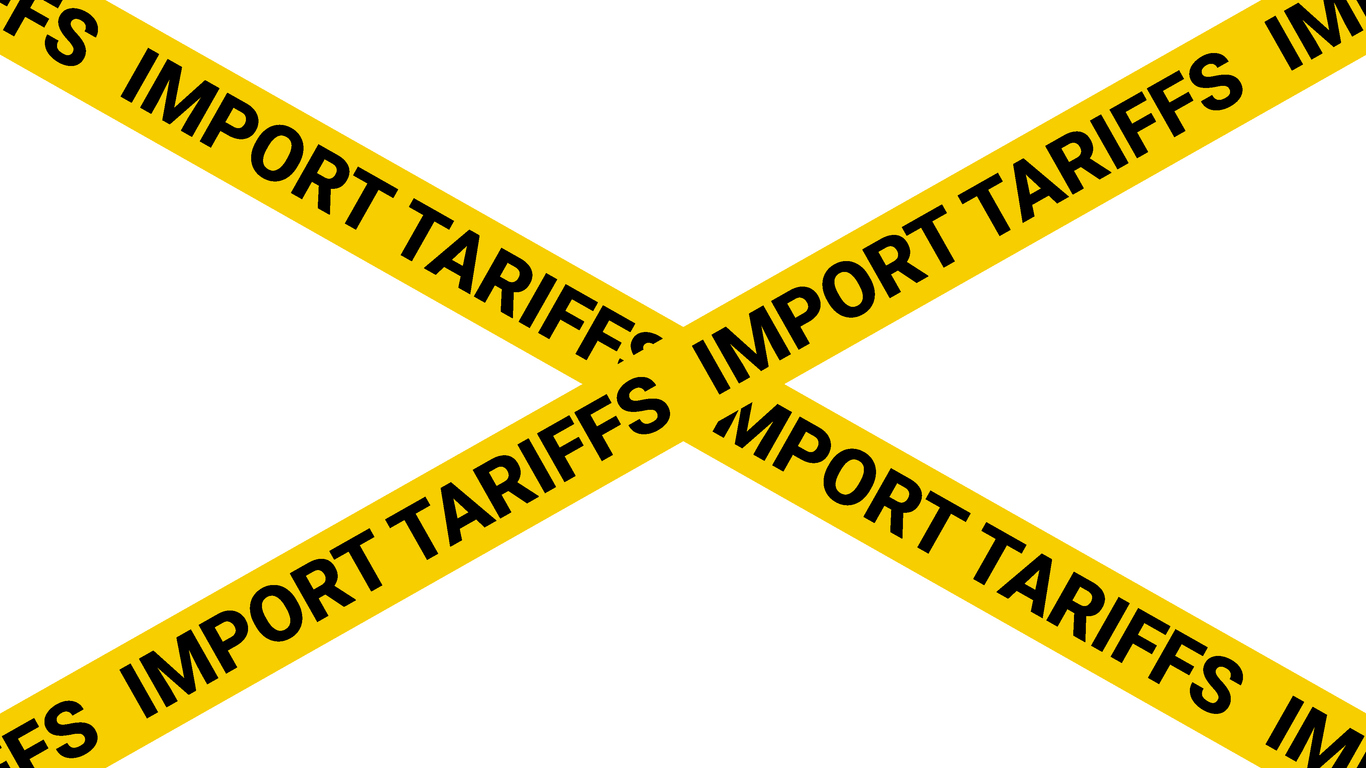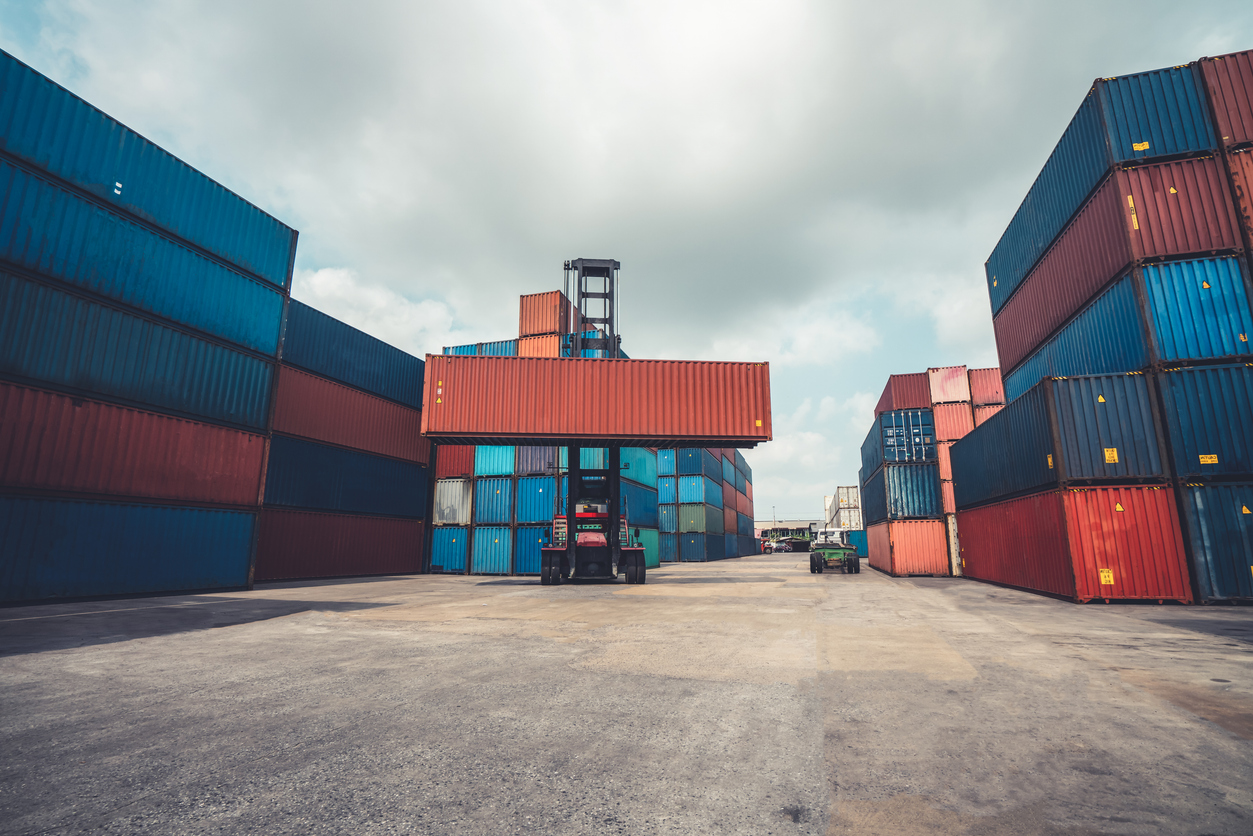How To Export Cleaning Products From Nigeria: Your Complete Guide
How To Export Cleaning Products From Nigeria: Your Complete Guide
Cleaning products are made of petrochemicals, which are often derived from crude oil. Cleaning products account for about 2% of the world’s oil production, making them an important export for any country. Nigeria is the largest producer and exporter of cleaning products in Africa, despite having one of the poorest GDP rates.
How do they do it? Here’s your complete guide to Nigeria’s cleanliness export industry.
What is the Nigerian Cleaning Products Industry?
Nigeria has one of the most profitable cleaning products industries in the world, despite the country’s poor GDP. The Nigerian Export Promotion Council (NEPC) says Nigeria is Africa’s largest exporter of cleaning products, with about 80% of exports going to Europe and North America.
The NEPC also says that Africa as a whole depends on Nigeria’s cleaning products exports. About 2% of global oil production comes from cleaning products, and Nigeria produces about 90% of that.
Nigeria is the world’s second-largest producer of detergent, and accounts for about 10% of all detergent exports worldwide. The country’s largest export is sachet soap (hotel and toiletry), which accounts for about 60% of all soap exports.
Nigeria’s second-largest export is laundry soap, which accounts for about 20%. The country also exports a variety of other soap types, as well as dish and laundry detergents.
Nigeria produces and exports a number of other cleaning products, including: fabric softener, dishwashing liquid, fabric conditioner, and oven cleaner.
Nigeria exports about $100 million worth of these products every
Why does Nigeria Export Cleaning Products?
Nigeria’s economy is largely dependent on oil exports, but the country is one of the poorest in Africa with a GDP per capita of $3,600. However, Nigeria is the largest producer and exporter of cleaning products in Africa, accounting for about 2% of world oil production.
Nigeria is able to export their cleaning products because the country has a vast supply of crude oil. The country’s oil is used to manufacture the raw ingredients for most cleaning products, which are then exported to other countries.
Nigeria is able to export their cleaning products because the country has a vast supply of crude oil. The country’s oil is used to manufacture the raw ingredients for most cleaning products, which are then exported to other countries.
There are several reasons why Nigeria exports its cleaning products. The country has one of the world’s largest supplies of crude oil with an annual production of around two million barrels. Second, the Nigerian government believes that their export of cleaning products will drive foreign currency into their struggling economy and help stimulate growth, and third, it’s easy for Nigeria to export its products since they can manufacture and export them all in one step to other countries.
The Business of Cleaning Products in Nigeria
Nigeria is the largest producer and exporter of cleaning products in Africa. The production of cleaning products produces about 2% of the world’s oil, which makes them an important export for the country. Nigeria has the lowest GDP rate in Africa, but it’s also one of the largest producers of crude oil.
Nigeria’s economy is currently one of the most fragile in the world, with a GDP growth rate of -2.5%. However, it remains the largest producer and exporter of cleaning products in Africa. Cleaning products are made up of petrochemicals, which are derived from crude oil. This means that this industry is an important export for Nigeria despite its unstable economy.
The Nigerian government is working to improve its economy by diversifying the country’s exports and production. Nigeria has a number of strategic advantages that can be used to produce many exports simultaneously.
For example, Nigeria’s geographical location makes it the perfect place to trade goods with other African countries. The country has good infrastructure for manufacturing, so it can produce goods at a lower cost than countries with similar resources. It also has a strong agricultural sector to grow raw materials for export-based industries.
How do you Export Cleaning Products from Nigeria?
The first step to exporting cleaning products from Nigeria is establishing your business. You can set up a company in Nigeria by following the steps below.
1. Register your company with the Corporate Affairs Commission
2. Obtain a company name or use an existing name if it is not already registered
3. Register your business name with the National Bureau of Statistics
You can find out how to register your business with the National Bureau of Statistics here.
4. Found a private limited liability company
5. Create an opening capital of N300,000
6. Get a Nigerian National Identification Number for your company
7. Register your company with the Companies and Allied Matters Commission
8. Open a bank account
If you need help setting up your company, you can contact the Nigerian Investment Promotion Council. They can help you do things like opening a bank account, register your company, and provide advice on how to export cleaning products from Nigeria.
section 5, Conclusion
As one of the poorest countries in the world, Nigeria is an unlikely player in the global cleaning products industry. Yet the country exports more than $1 billion worth of cleaning products each year—mostly to other African countries.
The largest company in the cleaning products industry in Nigeria is Oando Plc, which produces and exports various petroleum-based cleaning products. Oando is a Fortune-500 company, and is also the largest African company in the world to trade in petroleum products, crude oil, and petrochemicals.
Nigeria has an advantage over other African countries because it has a large refining capacity that allows it to produce a higher quality product at a lower cost. Another thing Nigeria has going for it is its proximity to oil producing countries in West Africa.
This may seem like a strange accomplishment for a country with such a low GDP rate, but the export of oil-based products from Nigeria is a win-win situation. It not only provides jobs for people in Nigeria, but also provides a reliable source of income for Nigerians. Not to mention, it boosts the country’s GDP rate.
Oil-based products will always have a market, and Nigeria’s strong industry will continue to grow for







LEAVE A COMMENT
You must be logged in to post a comment.